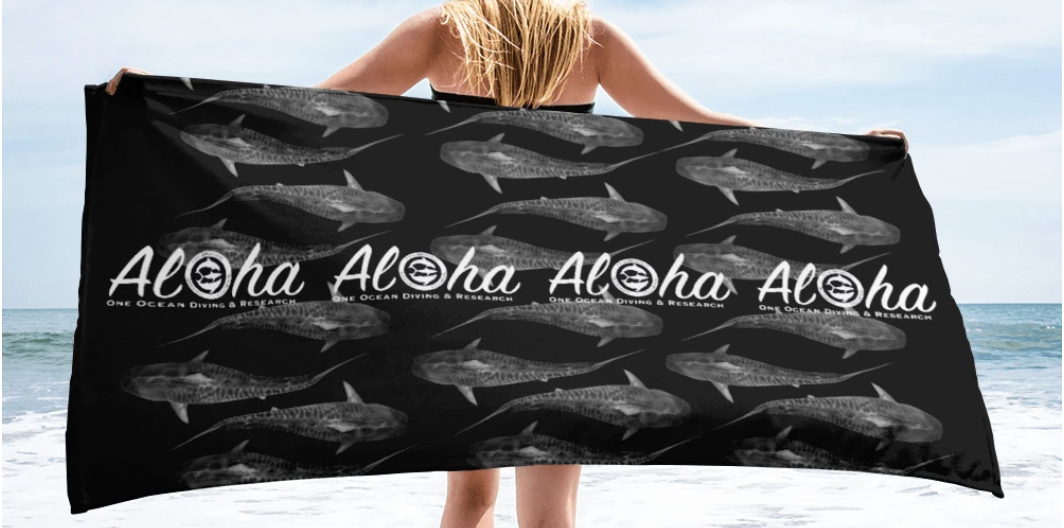The Dangers of Toxic Shark Meat: Why You and Your Pets Should Never Eat It
Shark meat has long been considered a delicacy in some parts of the world, often sold as an exotic treat in restaurants or markets. Despite its popularity, particularly in some Asian cultures, eating shark meat poses serious health risks for both humans and pets. In this blog, we will explore the dangers of consuming shark meat, why you should avoid it, and how it can be misleadingly labeled in food products. We’ll also touch on the cruel practice of shark finning, which is driving the depletion of shark populations worldwide.
The Toxic Threat: High Levels of Mercury
One of the primary reasons you should avoid eating shark meat is its dangerously high levels of mercury. As apex predators, sharks sit at the top of the food chain, where they accumulate mercury from the smaller fish and marine life they consume. This process, known as biomagnification, results in shark meat containing some of the highest levels of mercury found in seafood.
Mercury is a toxic substance that can cause a variety of health issues, particularly for pregnant women, children, and people with certain health conditions. Consuming shark meat can lead to mercury poisoning, which can damage the nervous system, impair brain development, and cause long-term health problems, including memory loss and coordination issues.
Mercury Poisoning Symptoms:
Numbness or tingling in the fingers and toes
Muscle weakness
Tremors or shaking
Vision or hearing impairment
Difficulty with speech and swallowing
For children and developing fetuses, mercury exposure can be especially harmful, affecting cognitive development and causing developmental delays.
Why Shark Meat is Dangerous for Pets
It’s not just humans who are at risk. Pets, particularly dogs and cats, should also never eat shark meat. The high mercury content can be toxic to animals just as it is for humans. Pets who consume shark meat may experience similar symptoms of mercury poisoning, including neurological issues, muscle tremors, and long-term organ damage.
Additionally, many pet foods or treats may contain byproducts of shark meat, posing an even greater risk to your pets’ health. As many pet owners are unaware of the ingredients in their pets’ food, it's essential to carefully check the labels and avoid anything that may contain shark meat or its byproducts.
Misleading Labels: Shark Meat Can Be Hidden in Your Food
One of the most concerning aspects of shark meat consumption is that it can be misleadingly labeled in food products. Shark meat may appear under various names, such as "flake," "rock salmon," "swai," or even "white fish." In some cases, it may simply be labeled as "fish" in processed food products, making it difficult for consumers to know what they are actually buying and eating.
Shark meat can be sold in a variety of forms—fresh, frozen, or dried—and is often disguised as more common fish species in ready-made meals or seafood products. The lack of transparency and regulation in labeling makes it even more important for consumers to be vigilant about where their food comes from and how it’s sourced.
The Cruel Practice of Shark Finning
Beyond the health risks, consuming shark meat also indirectly supports the cruel practice of shark finning. Shark finning involves cutting off a shark’s fins and discarding the rest of its body back into the ocean, often while the shark is still alive. This inhumane practice is primarily driven by the demand for shark fins, which are used in shark fin soup—a luxury dish in some cultures.
Shark finning is devastating to shark populations, as it leaves the sharks to die slowly and unnecessarily. Without their fins, sharks are unable to swim, leading to suffocation or predation. This practice is also highly wasteful, as it results in the unnecessary killing of millions of sharks each year. Despite international bans and regulations, shark finning continues to be a widespread issue that threatens the survival of many shark species.
By consuming shark meat or supporting products that contain shark fins, we inadvertently contribute to the destruction of these magnificent creatures and their ecosystems.
Why You Should Say No to Shark Meat
1. Health Risks
The mercury levels in shark meat can have serious health consequences, especially for children, pregnant women, and pets. Mercury poisoning can lead to irreversible damage to the nervous system and other organs.
2. Conservation Concerns
Sharks are already under significant threat due to overfishing, habitat loss, and the illegal trade of their fins. Consuming shark meat contributes to the demand for sharks and exacerbates the threats they face, further endangering their populations.
3. Misleading Labels
Shark meat can be hidden under various labels, making it difficult for consumers to make informed choices. Knowing what’s in your food is essential for both health and ethical reasons.
4. Support for Shark Finning
Consuming shark meat or shark fins supports the brutal practice of shark finning, which contributes to the suffering and rapid decline of shark populations worldwide.
How to Avoid Shark Meat
To protect your health, the health of your pets, and the environment, it’s crucial to avoid shark meat. Here are some tips on how to do so:
Check Labels Carefully: Always read food labels, especially when buying seafood products. If the label doesn’t clearly state the type of fish, ask for more information or avoid purchasing it.
Support Sustainable Seafood: Choose seafood products that are certified as sustainable by organizations like the Marine Stewardship Council (MSC). These certifications help ensure that the seafood is responsibly sourced, without contributing to the decline of shark populations.
Educate Yourself and Others: The more we know about the risks of eating shark meat, the more we can advocate for safer, healthier, and more sustainable food choices.
Conclusion
Despite being marketed as a delicacy, shark meat is far more harmful than many people realize. With high mercury content, it poses serious health risks for both humans and pets, and consuming it only fuels the demand for sharks, which are already struggling to survive in our oceans. Additionally, supporting shark meat consumption inadvertently contributes to the inhumane practice of shark finning, which is pushing many shark species to the brink of extinction. By staying informed, reading labels carefully, and supporting sustainable food practices, we can make choices that protect our health, our pets, and our planet’s precious marine life. Let’s say no to shark meat and ensure that these magnificent creatures have a future in our oceans.






















